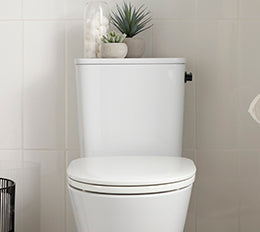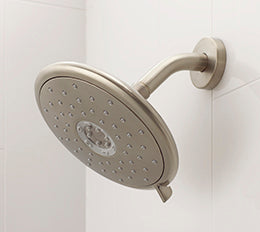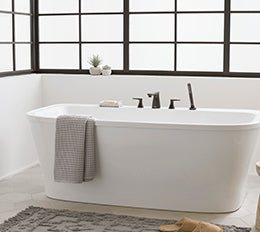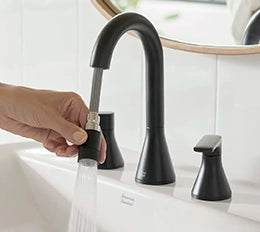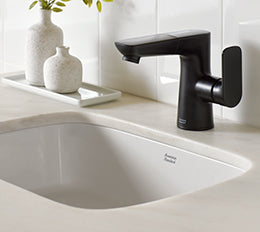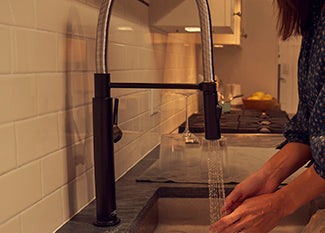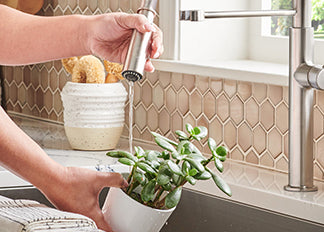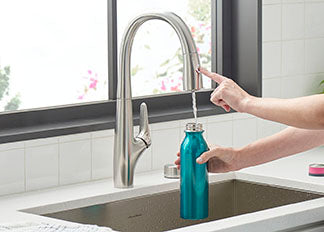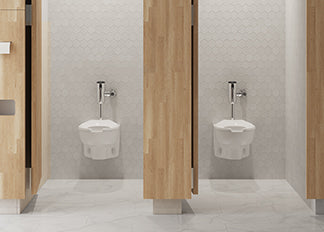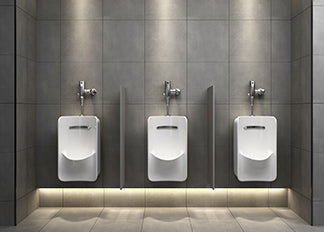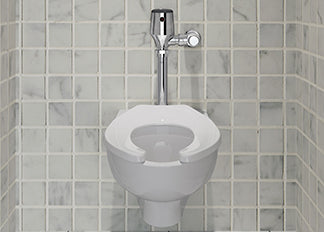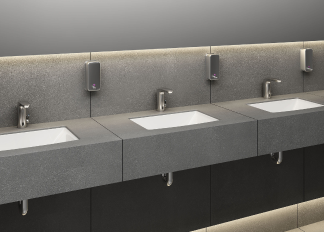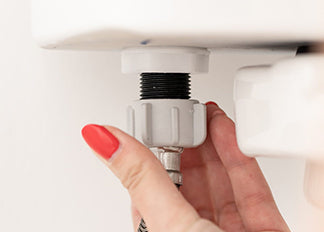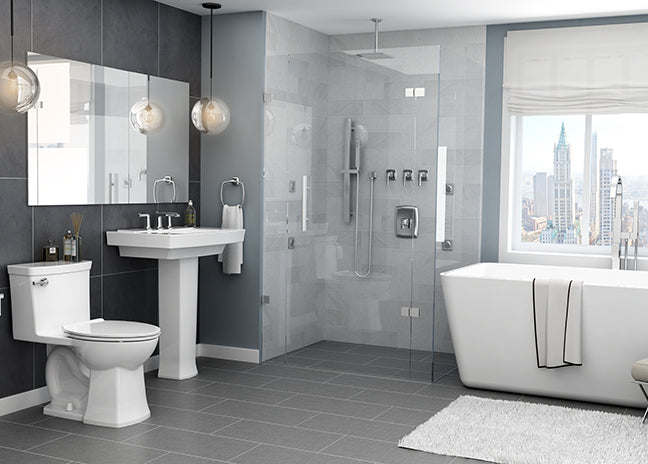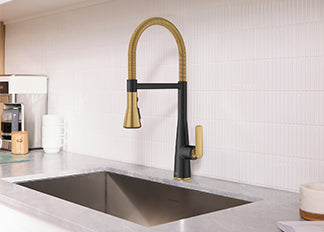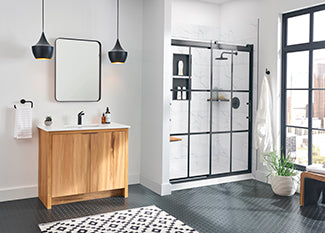Water Conservation Central to Award-Winning Saudi Complex
Jan 8, 2021
High-efficiency, low-consumption American Standard wall-hung toilets were selected for installation in the world’s largest LEED Platinum project to date: the King Abdullah University of Science and Technology (KAUST) in Thuwal, Saudi Arabia.
The 5.5-million-square-foot campus opened in September 2009. Designed and built in less than three years, the complex of 26 buildings was the first Saudi project to be LEED (Leadership in Energy and Environmental Design) certified. Named “Most Sustainable Project of the Year” in the 2009 MEP Awards, it was designated a “Top Ten Green Project” by the American Institute of Architects (AIA) in 2010, and “Lab of the Year” by R & D Magazine in 2011.
The demanding contemporary architectural project overcame geographic challenges to emphasize sustainable development without compromising Saudi culture. Led by the global architectural firm HOK, the design team included several hundred people and spanned three continents, yet still managed to meet the project’s accelerated schedule.
All of the nonresidential toilets installed on campus were American Standard’s water-saving, Afwall 1.28-gallons per flush units, which played an important role in achieving sustainability and helped earn LEED certification. The low-maintenance, high-efficiency toilets (HETs) contributed to the exceptional campus water performance (41% water reduction, according to KAUST).
The international graduate research university is located near Jeddah.
The 5.5-million-square-foot campus opened in September 2009. Designed and built in less than three years, the complex of 26 buildings was the first Saudi project to be LEED (Leadership in Energy and Environmental Design) certified. Named “Most Sustainable Project of the Year” in the 2009 MEP Awards, it was designated a “Top Ten Green Project” by the American Institute of Architects (AIA) in 2010, and “Lab of the Year” by R & D Magazine in 2011.
The demanding contemporary architectural project overcame geographic challenges to emphasize sustainable development without compromising Saudi culture. Led by the global architectural firm HOK, the design team included several hundred people and spanned three continents, yet still managed to meet the project’s accelerated schedule.
All of the nonresidential toilets installed on campus were American Standard’s water-saving, Afwall 1.28-gallons per flush units, which played an important role in achieving sustainability and helped earn LEED certification. The low-maintenance, high-efficiency toilets (HETs) contributed to the exceptional campus water performance (41% water reduction, according to KAUST).
The international graduate research university is located near Jeddah.
